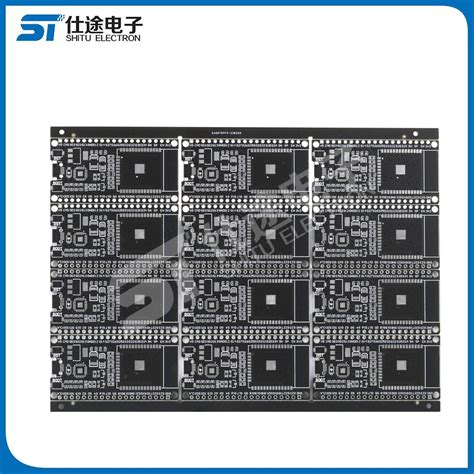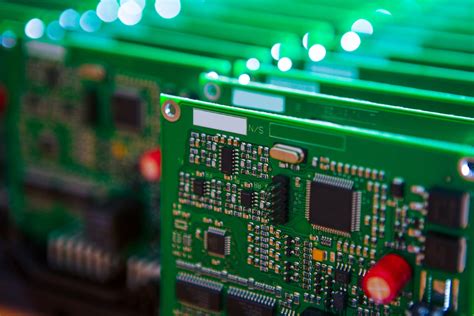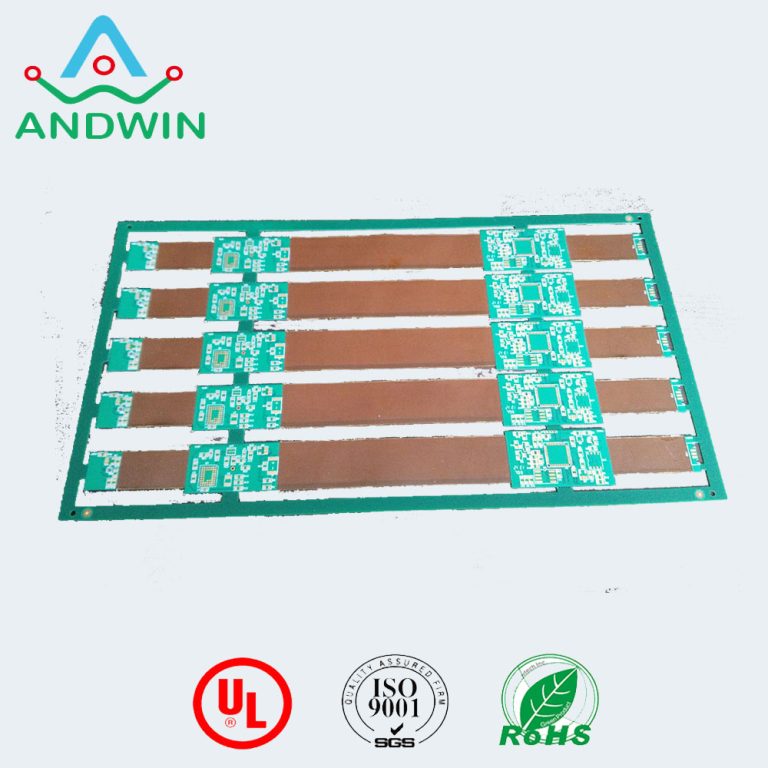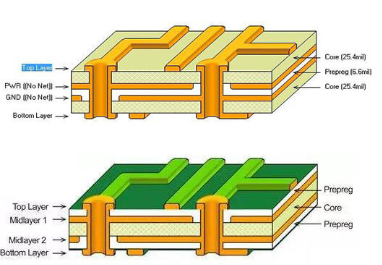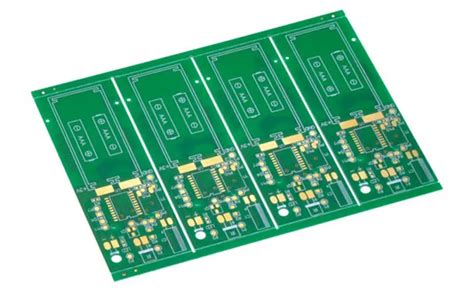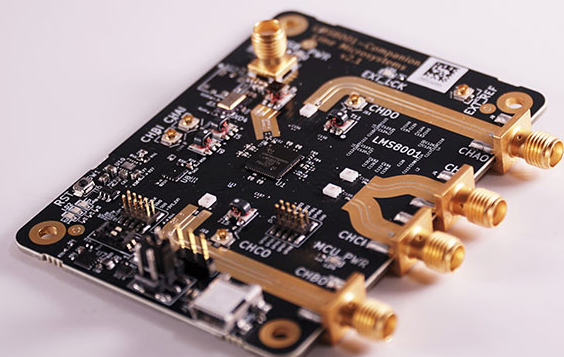Precision PCB Manufacturing Solutions for Prototype-to-Production Success
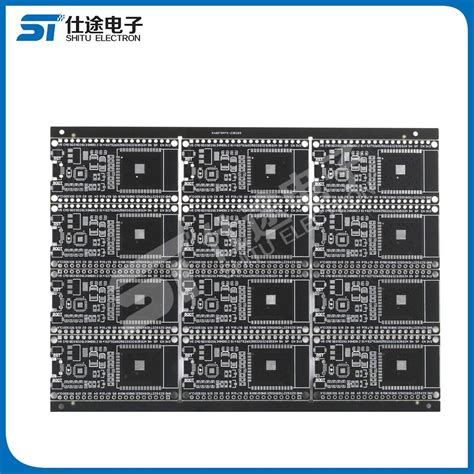
Key Takeaways
When evaluating PCB manufacturing partners, understanding critical factors ensures your project transitions smoothly from concept to market. Leading PCB manufacturing companies combine precision prototyping with scalable production to meet evolving demands, whether you’re testing a new design or ramping up volume. A well-structured PCB manufacturing business prioritizes fast-turn custom PCB assembly, enabling you to iterate designs without sacrificing deadlines.
Cost efficiency remains central—PCB manufacturing cost hinges on material selection, layer count, and turnaround speed. For example:
| Factor | Impact on Cost | Optimization Strategy |
|---|---|---|
| Layer Complexity | Increases with layers | Simplify designs early |
| Material Grade | High-grade = higher cost | Balance performance needs |
| Turnaround Time | Expedited fees apply | Plan timelines strategically |
Partnering with reliable providers ensures access to 24/6 technical support, which minimizes downtime and accelerates troubleshooting. Robust quality management systems, including automated inspections, guarantee consistency across prototypes and full-scale runs. By aligning with a PCB manufacturing partner that integrates advanced design best practices, you mitigate risks while maintaining compliance with industry standards—key for scaling efficiently in competitive markets.

Precision PCB Prototyping Techniques
When developing electronic systems, your choice of PCB manufacturing partner directly impacts the success of your prototyping phase. Leading PCB manufacturing companies employ advanced techniques like laser direct imaging (LDI) and automated optical inspection (AOI) to achieve sub-20-micron accuracy in trace routing and layer alignment. These methods ensure that even high-density interconnect (HDI) designs maintain signal integrity during functional testing.
To optimize PCB manufacturing cost, engineers often balance material selection with design complexity. For instance, using FR-4 substrates for initial prototypes before transitioning to specialized laminates for final production helps control expenses. Iterative testing remains critical—modern firms leverage rapid-turn prototyping services to validate designs within 48 hours, minimizing delays.
For startups managing a PCB manufacturing business, scalability starts at the prototyping stage. Partnering with manufacturers offering design-for-manufacturability (DFM) feedback ensures your prototypes align with mass production requirements. This approach reduces rework risks and accelerates time-to-market while maintaining tight tolerances. By prioritizing precision early, you create a foundation for seamless transitions to full-scale production without compromising quality.
Scalable PCB Manufacturing Processes
When developing electronic products, your ability to scale PCB manufacturing efficiently can determine the success of your project. Leading PCB manufacturing companies design their processes to adapt seamlessly, whether you’re producing 10 prototypes or 10,000 units. By leveraging automated workflows and modular production lines, these providers ensure that batch sizes and technical specifications can shift without compromising quality or lead times.
A key advantage of scalable systems lies in managing PCB manufacturing cost. As volumes increase, optimized material usage and reduced waste lower per-unit expenses. Advanced manufacturers also employ predictive analytics to refine production schedules, preventing bottlenecks during high-demand phases. This agility is critical for businesses balancing tight timelines with budget constraints.
For startups and established enterprises alike, partnering with a PCB manufacturing business that prioritizes scalability ensures you avoid costly overhauls when expanding operations. Whether adjusting layer counts, material types, or surface finishes, adaptable processes let you iterate designs while maintaining consistency. By aligning with partners that offer flexible tooling and real-time capacity monitoring, you gain the precision needed to transition smoothly from low-volume runs to full-scale production.
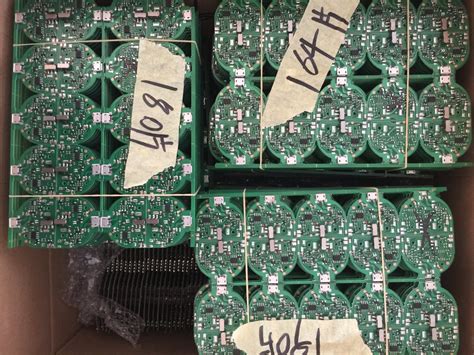
24/6 PCB Technical Support Benefits
When working with PCB manufacturing, having access to round-the-clock technical support ensures your projects stay on track, even during critical phases. PCB manufacturing companies that offer 24/6 assistance enable you to resolve design ambiguities, material selection challenges, or production bottlenecks swiftly—minimizing delays that could inflate PCB manufacturing cost or derail timelines. By having engineers available nearly anytime, you gain a partner who can troubleshoot issues like impedance mismatches, thermal management flaws, or assembly compatibility before they escalate.
This advantage becomes particularly valuable when scaling from prototypes to full-scale production. For example, unexpected signal integrity issues in a complex multilayer board might require immediate feedback to avoid costly re-spins. Reliable support teams also help optimize designs for manufacturability, balancing performance with PCB manufacturing business realities like material waste reduction or panelization efficiency. Whether you’re iterating on a prototype or ramping up volume, these experts ensure your decisions align with both technical specifications and budgetary constraints.
The result? Faster problem-solving reduces downtime, accelerates time-to-market, and maintains consistency across batches—key factors in maintaining competitiveness. With 24/6 support, you’re not just paying for a service; you’re investing in a collaborative relationship that prioritizes your project’s success at every stage.
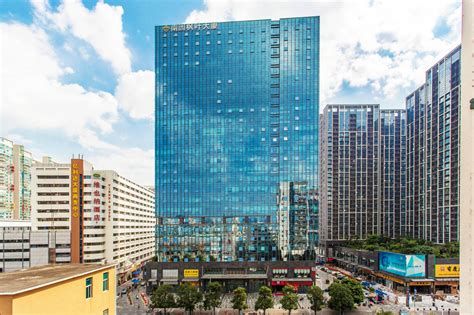
Fast-Turn Custom PCB Assembly
When your project demands rapid iteration without compromising quality, partnering with experienced PCB manufacturing companies becomes critical. Fast-turn assembly services enable you to accelerate product development cycles, delivering functional prototypes or production-ready boards in as little as 24–72 hours. By leveraging automated workflows and just-in-time material sourcing, these providers minimize PCB manufacturing cost while maintaining rigorous quality checks—ensuring your design transitions smoothly from concept to market.
"Prioritize vendors with transparent communication channels to avoid delays. Confirm their capacity for mixed-technology assembly (e.g., SMT and through-hole) to accommodate complex designs."
Key considerations include optimizing designs for PCB manufacturing efficiency—such as panelization strategies or standardized component libraries—to reduce turnaround times. Advanced PCB manufacturing business models often integrate real-time order tracking, allowing you to monitor progress and adjust timelines dynamically. For high-mix, low-volume projects, modular production lines ensure scalability, aligning with both prototype agility and bulk-order demands.
By aligning your requirements with a partner’s technical capabilities, you mitigate risks like component shortages or工艺 bottlenecks. This approach not only accelerates time-to-market but also strengthens your supply chain resilience in competitive industries.
Quality Management in PCB Production
When choosing PCB manufacturing companies, understanding their approach to quality control directly impacts your project’s success. Rigorous quality management systems, such as ISO 9001 certification and IPC-A-610 standards, ensure every layer of your PCB manufacturing process meets industry benchmarks. Automated optical inspection (AOI) and X-ray testing identify defects early, reducing risks of costly rework or delays in high-volume production.
A key consideration is balancing PCB manufacturing cost with reliability. Reputable providers optimize material selection—like high-Tg laminates or halogen-free substrates—while maintaining thorough testing protocols. This minimizes hidden expenses from field failures, which can harm your PCB manufacturing business reputation. Transparent documentation, including real-time yield reports and traceability logs, lets you verify compliance at every stage.
By prioritizing quality, you safeguard scalability. Defect-free prototypes transition smoothly to mass production, avoiding bottlenecks that inflate timelines. Leading PCB manufacturing partners integrate continuous improvement practices, leveraging feedback loops to refine processes. This approach not only meets but anticipates your technical requirements, ensuring consistency across batches.
Prototype-to-Production PCB Solutions
Navigating the journey from concept to functional product requires PCB manufacturing workflows that adapt to your evolving needs. Leading PCB manufacturing companies bridge this gap by offering scalable processes that maintain precision whether you’re iterating prototypes or ramping up volume. When prototyping, design validation and material selection become critical—factors that directly influence PCB manufacturing cost and long-term reliability.
As your project transitions to full-scale production, robust quality controls ensure consistency across batches, while advanced machinery optimizes turnaround times. Partnering with a PCB manufacturing business that integrates automated testing and real-time monitoring minimizes defects, reducing rework expenses. You’ll also benefit from supply chain transparency, which helps anticipate material lead times and avoid bottlenecks.
For cost-sensitive projects, flexible pricing models—such as tiered volumes or shared panel utilization—allow you to balance PCB manufacturing cost without compromising performance. Technical support teams guide you through design adjustments to align with manufacturing capabilities, ensuring seamless scalability. By aligning prototyping and production phases under one partner, you streamline communication, accelerate timelines, and maintain uniformity in quality—key advantages for industries demanding both innovation and reliability.
Cost-Effective PCB Fabrication Options
When sourcing PCB manufacturing services, balancing affordability with reliability is critical. Leading PCB manufacturing companies optimize processes like material selection, panel utilization, and automated testing to reduce overhead costs without compromising performance. For instance, using standardized FR-4 substrates or negotiating bulk pricing for high-volume orders can lower your PCB manufacturing cost by up to 30% compared to custom alternatives.
To further control expenses, consider modular designs that minimize layer counts or leverage shared tooling for recurring projects. Many providers now offer tiered pricing models, where prototyping rates scale predictably into mass production. Advanced PCB manufacturing business strategies also include value-added services like design-for-manufacturability (DFM) checks, which prevent costly redesigns by identifying layout issues early.
Transitioning smoothly from prototype to full-scale runs requires aligning with partners who prioritize supply chain transparency. By auditing their component sourcing and waste-reduction practices, you ensure long-term savings while meeting sustainability goals. This approach not only streamlines your PCB manufacturing workflow but also aligns with broader cost-efficiency objectives outlined in earlier sections on scalable processes and quality management.
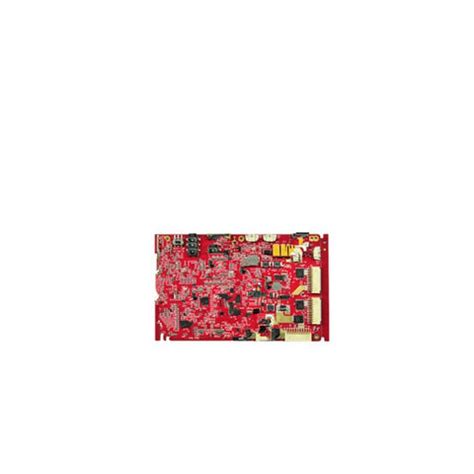
Advanced PCB Design Best Practices
When designing PCBs, balancing innovation with practicality ensures your project aligns with pcb manufacturing realities. Start by optimizing component placement to minimize signal interference and simplify assembly—poorly arranged layouts often escalate pcb manufacturing cost due to rework or material waste. Use high-density interconnect (HDI) techniques for complex designs, but verify their feasibility with your chosen pcb manufacturing companies to avoid scalability issues.
Another critical aspect is trace routing: prioritize controlled impedance for high-speed circuits and ensure adequate spacing to prevent crosstalk. Thermal management strategies, like copper pours or heatsinks, must align with your board’s operating environment to avoid reliability gaps during mass production.
Leverage design for manufacturability (DFM) guidelines provided by pcb manufacturing business partners—these rules streamline prototyping and reduce delays. For instance, adhering to standard panel sizes or avoiding non-standard via sizes can lower costs while accelerating turnaround.
Finally, validate your design through iterative simulations and pre-production checks. This alignment between design intent and pcb manufacturing capabilities ensures seamless transitions from prototype to full-scale production, whether you’re building IoT devices or industrial systems. By integrating these practices early, you mitigate risks and maintain cost efficiency without compromising performance.

Conclusion
When navigating the complexities of PCB manufacturing, your choice of partner determines whether your prototype-to-production journey succeeds or stalls. Leading PCB manufacturing companies prioritize seamless scalability, ensuring your designs evolve from concept to high-volume output without compromising on precision or reliability. By aligning with a provider that balances PCB manufacturing cost efficiency with rigorous quality controls, you secure a competitive edge—whether optimizing prototypes or managing full-scale production.
A robust PCB manufacturing business thrives on adaptability. Look for partners offering design-for-manufacturability insights and real-time technical support to address challenges early, minimizing delays and cost overruns. Advanced fabrication techniques, coupled with transparent pricing models, allow you to forecast expenses accurately while maintaining flexibility across project phases.
Ultimately, the right collaboration empowers you to meet market demands faster, scale confidently, and deliver products that exceed performance expectations. Prioritize PCB manufacturing partners who view your success as their own—transforming technical hurdles into opportunities for innovation.
FAQs
How do you choose the right PCB manufacturing company for your project?
Focus on firms with proven expertise in both prototyping and full-scale PCB manufacturing. Key considerations include technical capabilities, certifications, and clear communication about PCB manufacturing cost structures and timelines.
What drives variations in PCB manufacturing cost?
Factors like board complexity, material choice, layer count, and order volume impact pricing. Reputable PCB manufacturing companies provide itemized quotes, helping you balance budgets while maintaining performance standards.
Can a single PCB manufacturing business handle prototype and bulk orders?
Yes, leading providers specialize in scalable workflows, ensuring seamless transitions from low-volume prototypes to high-volume production. Standardized processes guarantee consistency across all order sizes.
How is quality assurance managed in PCB production?
Advanced PCB manufacturing firms implement automated optical inspection (AOI), electrical testing, and adhere to ISO-certified protocols. Detailed traceability reports ensure every batch meets specifications.
What technical support should you expect during PCB manufacturing?
Premium services offer 24/6 access to engineers for design optimization, material guidance, and real-time issue resolution. This minimizes delays and keeps your project on schedule.
Explore Customized PCB Solutions Today
Please click here to connect with experts who streamline your journey from concept to market-ready products.

